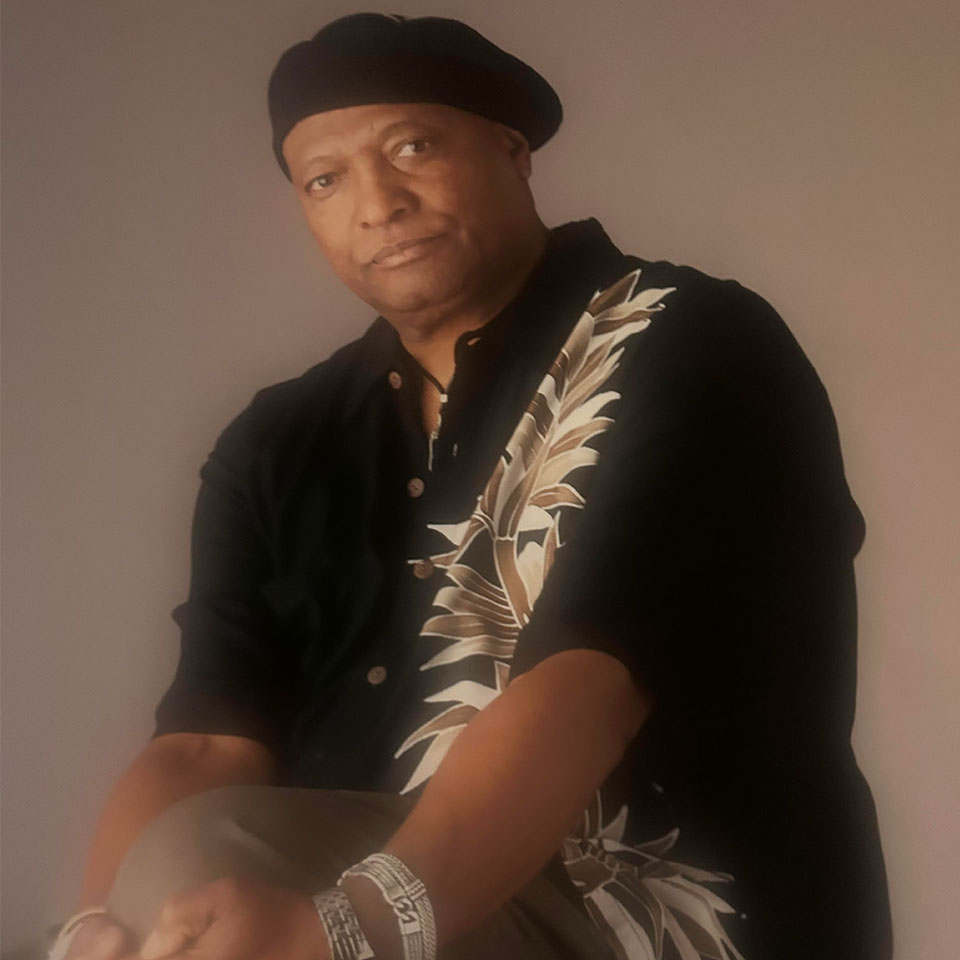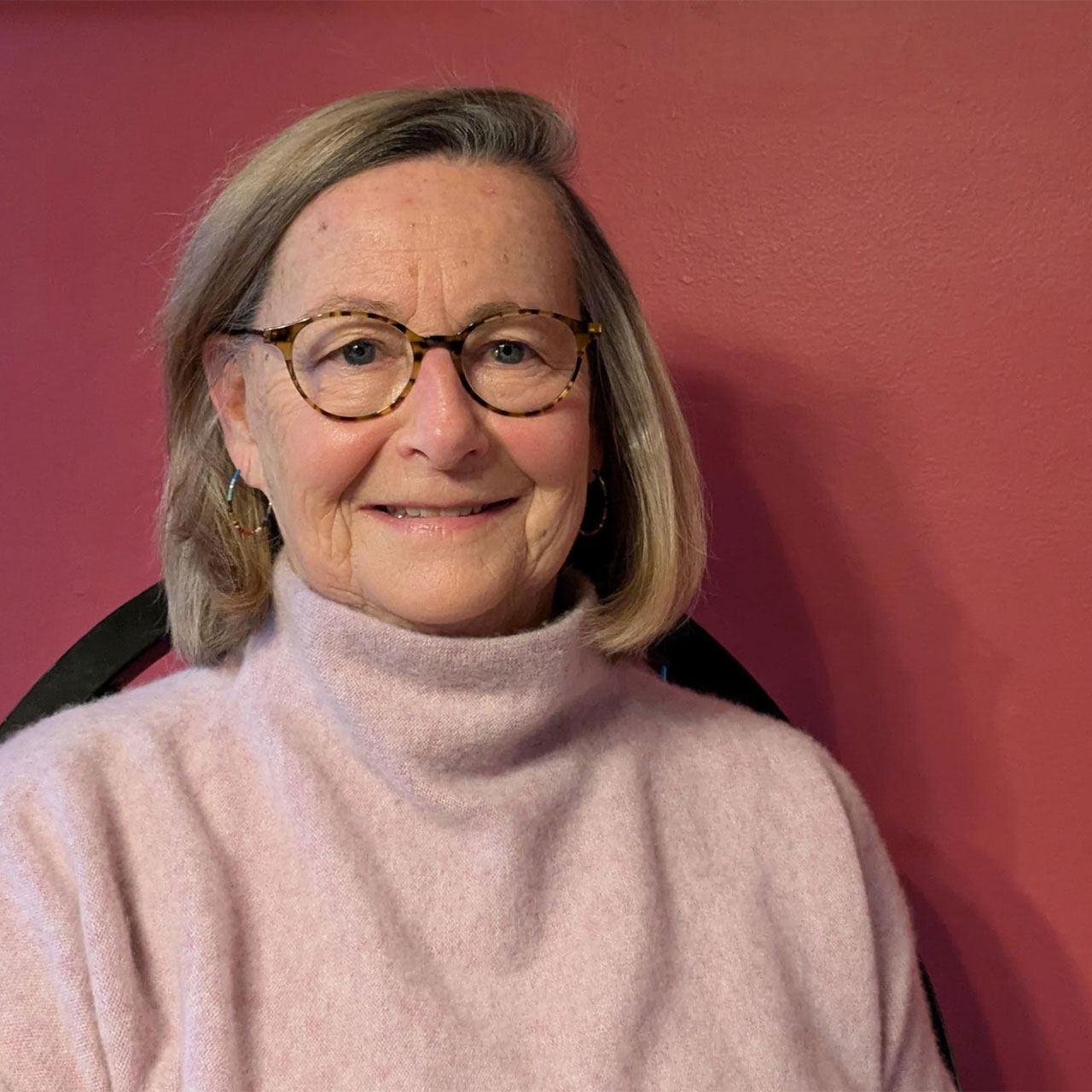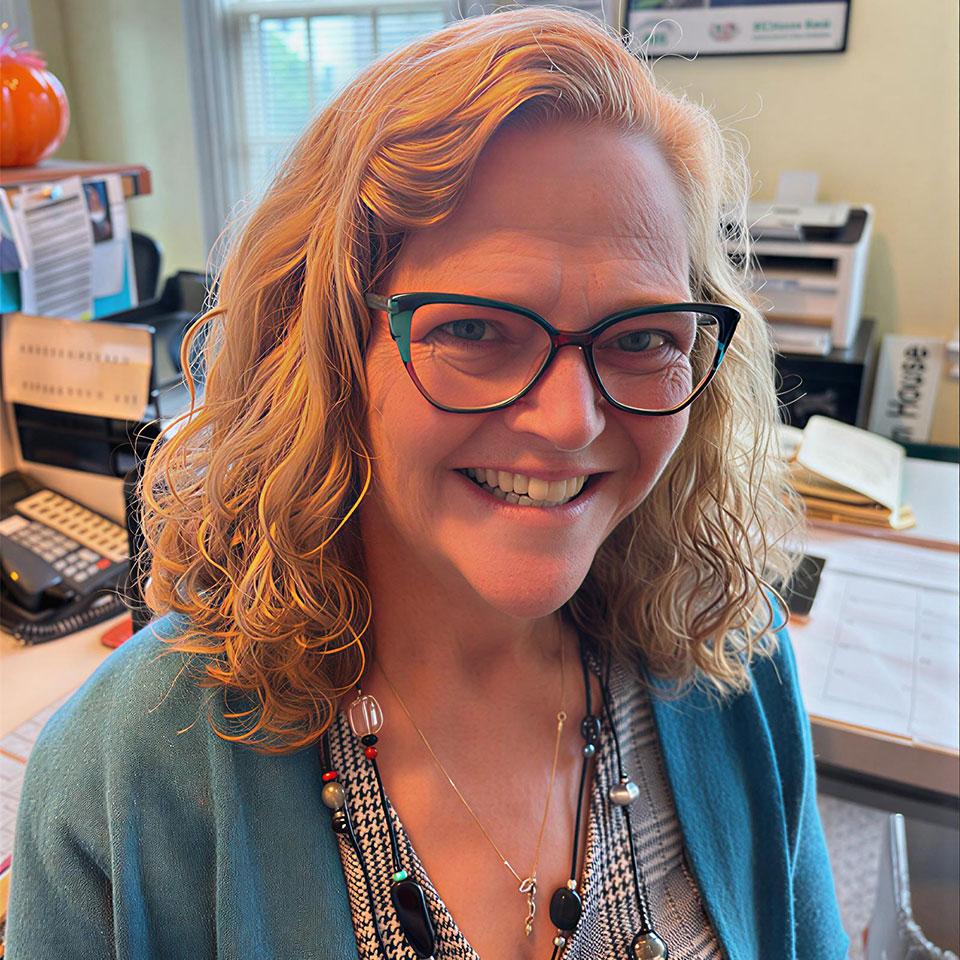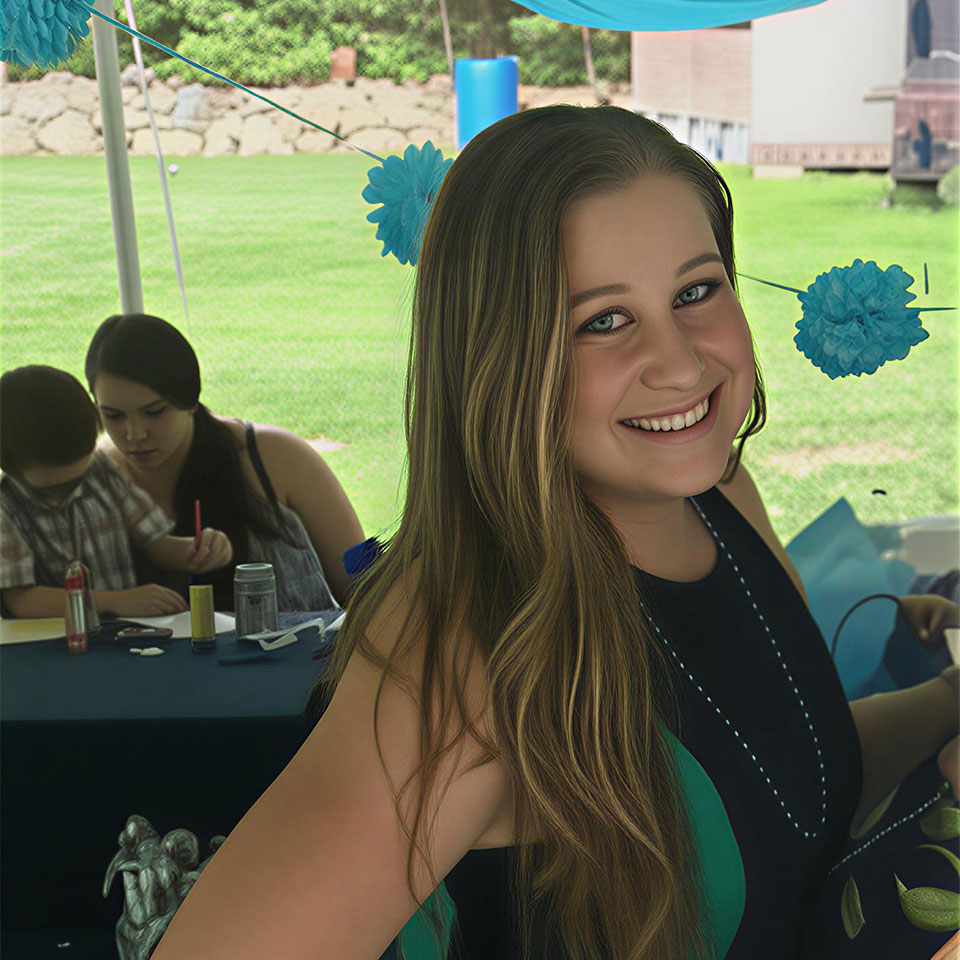Ali Cabral
President of Providence Inner City Arts and Roots Cultural Center

When did you first become involved in helping deal with the Housing Crisis and why?
In the mid 1970s, I bought a house on Emmett Street in Providence. It needed a lot of work. It wasn’t a SWAP house, but SWAP was at the center of what was a very tough neighborhood. At the time SWAP was operating a Tool Bank. You could go in and borrow the tool you needed to work on your house and bring it back when you were done with it. But it wasn’t just about borrowing the tool- often there was someone there who could instruct you on how to use it. And there was also a working list of trusted community-based tradesmen. It was a tight network, homeowners, neighbors, professional tradesmen from the community. We were all pioneers. We didn’t have much money. Sometimes we had to duct-taping things together. So, this network was a big deal. SWAP was the hub, the catalyst, like an informal construction co-op.
There were only six houses on Emmett at the time, and we all lived in our own homes. It was before the hospital district was built so it was still affordable. There I was in South Providence, and I didn’t have to lock my door. But today it’s hard to keep housing affordable. I own five of the houses on Emmett now, and with the hospital’s growth and the demand for housing, my property values are through the roof.
Thoughts on how SWAP has made a difference in housing and revitalizing neighborhoods over the past 50 years?
SWAP has transformed the South Side of Providence. But most importantly when SWAP builds a house or apartments, they stay involved in the neighborhood and with the buyers or tenants. SWAP cares. There’s no fooling around. They are good neighbors; they are good landlords. They don’t come into the neighborhood and abandon it. That Carla, she’s tough you know. She’s taken me to school a couple of times. Make sure you do this. Don’t you do that.
Community housing development has evolved over the past 50 years – but we find ourselves in a housing crisis. What do you see as the role for SWAP and other CDC’s in finding solutions to create more housing in RI?
The evolution of community housing development has been very slow, and it hasn’t kept pace with the need for affordable homes. That’s why we’re suffering now. Rents are too high - and many people who may have been living in their neighborhood for years are being forced to leave. There’s not a lot of opportunities left for creation of affordable housing. SWAP is one of the few organizations that can take an initiative to help solve the housing crisis, but they can’t do it alone. The non-profit and private sectors need to be involved, and government at all levels needs to help protect affordable housing and commit needed funds.
You might also enjoy

Carla DeStefano
Born from the ashes of burning houses, SWAP marks 50 years of tenacity. We're still fighting the fire of housing affordability.

Marilyn Carlson
Since 2001, Senior Deputy Director Marilyn Carlson has dedicated her career to revitalizing neighborhoods and building affordable housing.

Lynn Sexton
Since 2018, Portfolio Director Lynn Sexton has passionately led SWAP's efforts to revitalize neighborhoods and expand affordable housing access.

